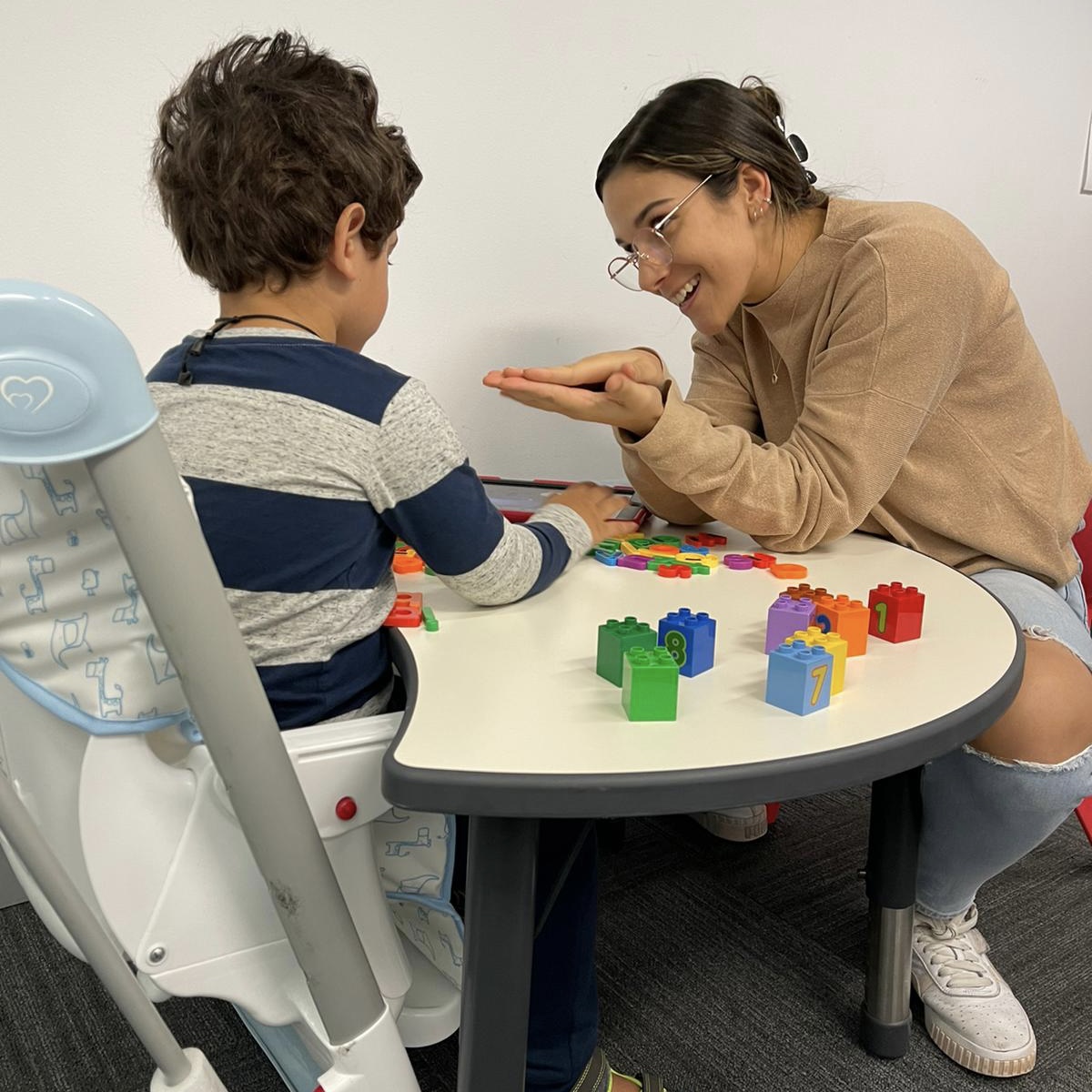
How the ESDM Integrates Play in Therapy
The Early Start Denver Model (ESDM) is a comprehensive, evidence-based early intervention approach designed for young children with autism. One of the key components that set the ESDM apart from other interventions is its unique integration of play in therapy. This blog will explore how the ESDM integrates play into therapy to to foster development and learning, making therapy not only effective but also enjoyable for children.
The Importance of Play in Child Development
Play is a fundamental part of childhood, essential for cognitive, social, emotional, and physical development. Through play, children explore their environment, develop new skills, and learn how to interact with others. For children with autism, play can often be challenging due to difficulties with social interactions, communication, and repetitive behaviours. The ESDM addresses these challenges by embedding therapeutic goals within play activities, making learning a natural and enjoyable process.
What is the Early Start Denver Model (ESDM)?
The ESDM is an early intervention model for children aged 12 to 48 months diagnosed with autism. It combines principles from developmental psychology and applied behaviour analysis (ABA) to create a structured yet flexible approach to therapy. The primary goal of the ESDM is to reduce the symptoms of autism and improve cognitive, social, and communication skills through engaging and interactive sessions.
How Play is Integrated into ESDM Therapy
1. Naturalistic Teaching
The ESDM emphasises naturalistic teaching methods, which involve using everyday activities and routines as opportunities for learning. Play provides a natural context for children to practice new skills in a relaxed and familiar environment. By integrating learning into play, children are more likely to be motivated and engaged, which enhances the effectiveness of therapy.
2. Developmental Play Goals
Each child’s therapy plan in the ESDM includes specific developmental play goals tailored to their individual needs and interests. These goals might include improving joint attention, enhancing imitation skills, or developing symbolic play. Therapists design play activities that target these goals, ensuring that each session is purposeful and aligned with the child’s developmental stage.
3. Interactive Play
Interactive play is a core component of the ESDM. Therapists use play to build social interactions and communication skills by engaging with the child in a playful manner. This might involve turn-taking games, pretend play scenarios, or cooperative activities that require the child to interact with the therapist or peers. These interactions help children learn how to initiate and respond to social cues, fostering better communication and social skills.
4. Embedded Learning Opportunities
In the ESDM, learning opportunities are embedded within play activities. For example, a therapist might use a game of building blocks to teach a child how to request pieces, take turns, and follow simple instructions. By incorporating learning into play, children can practice new skills in a meaningful and enjoyable context, which enhances retention and generalisation of these skills.
5. Parent Involvement
Parents play a crucial role in the ESDM, and they are encouraged to participate in play-based therapy sessions. Therapists coach parents on how to use play to reinforce learning and promote skill development at home. This collaborative approach ensures that children receive consistent support across different settings, maximising the impact of therapy.
Benefits of Integrating Play in ESDM
1. Increased Engagement
Children naturally gravitate toward play, which increases their engagement and motivation during therapy sessions. This engagement is crucial for effective learning and skill development.
2. Enhanced Learning
Embedding learning opportunities within play allows children to practice new skills in a meaningful context. This approach helps children understand the relevance of what they are learning and promotes better retention and generalization of skills.
3. Improved Social Skills
Play provides a natural context for social interactions, helping children with autism develop essential communication and social skills. Through interactive play, children learn to initiate and respond to social cues, take turns, and cooperate with others.
4. Positive Therapeutic Experience
Integrating play into therapy makes the experience enjoyable for children, reducing anxiety and resistance to therapy. A positive therapeutic experience fosters a love for learning and encourages children to participate actively in their sessions.
Conclusion
The integration of play in the Early Start Denver Model (ESDM) is a powerful approach to therapy for young children with autism. By embedding therapeutic goals within play activities, the ESDM makes learning natural, engaging, and enjoyable. This play-based approach not only enhances the effectiveness of therapy but also helps children develop essential skills in a meaningful and positive way.
At OneOnOne Children’s Therapy, we are dedicated to providing high-quality, play-based therapy through the ESDM. Our certified ESDM therapists work closely with children and their families to create a supportive and engaging environment for learning and development. We are New South Wales largest ESDM clinic and therapists are trained to the highest levels of fidelity.
Learn more about the ESDM
What is a Certified ESDM Therapist?
Contact Us
If you want to learn more about the ESDM and how it can benefit your child, please contact us at OneOnOne Children’s Therapy. Our team is here to support your child’s development and help them reach their full potential.
Call us at (02) 80657837
Email us to book a consultation
We are a team of Speech Pathologists, Occupational Therapists, Certified ESDM Therapists and Feeding Therapists who believe in a holistic approach to every child. Together, we can help your child develop the skills they need to thrive in all areas of their life.
